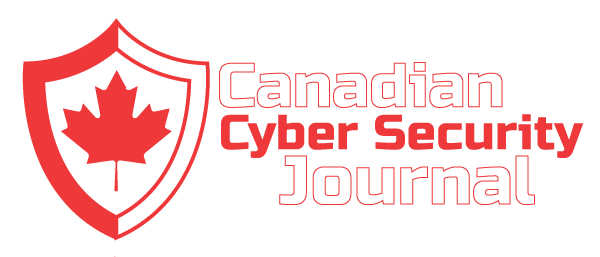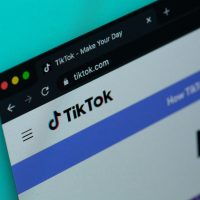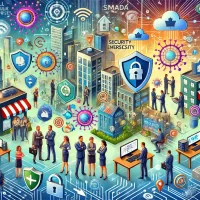Millennials and members of Generation Z suffer more from cyberthreats than baby boomers do, according to a new report from the National Cyber Security Alliance and data analytics company CybSafe.
Kicking off Cybersecurity Awareness Month, the report, based on polling of 2,000 people across the US and UK, shows that 44 percent of millennials and 51 percent of Gen Zers have experienced a cyber threat while only 21 percent of baby boomers have.
In addition, 25 percent of millennials and 24 percent of Gen Zers say they had their identities stolen once as opposed to only 14 percent of baby boomers. In fact, 79 percent of baby boomers say they have never been a victim of cybercrime.
“Despite the myth that older individuals are more likely to be susceptible to cybercriminals and their tactics, our research has uncovered that younger generations are far more likely to recognise that they have been a victim of cybercrime,” says Lisa Plaggemier, interim executive director of the National Cybersecurity Alliance. “This is a stark reminder for the technology industry that we cannot take cybersecurity awareness for granted among any demographic and need to focus on the nuances of each different group. And, clearly we need to rethink perceptions that younger individuals are more tech-savvy and engage more frequently in cybersecurity best practices than older technology users.”
The report also highlights poor security habits. Less than half (46 percent) of respondents say they use a different password for important online accounts, with 20 percent saying that they never or rarely do so. Only 43 percent say they create a long and unique password either always or very often.
Nearly half (48 percent) of respondents say they have never heard of multi-factor authentication (MFA), and 31 percent say they either sometimes, rarely, or never install software updates. Also 64 percent of respondents have no access to cybersecurity training, while more than a quarter (27 percent) of those who do have access choose not to use it.
“There is a clear disconnect between the technology industry and the public when it comes to driving the adoption of cybersecurity best practices,” says Oz Alashe, CEO and founder of CybSafe. “There is overwhelming proof that simple best practices such as strong passwords, MFA and regularly installing updates can work wonders for boosting overall cybersecurity. Ultimately, there is no one-size-fits-all approach when it comes to cybersecurity. In order to reverse this trend and engage people in secure online behaviors more meaningfully, we must take a more human-centric view and understand the behavioral implications that are driving this disconnect.”
You can get the full report on the NCSA site.
Click here to view original web page at betanews.com








